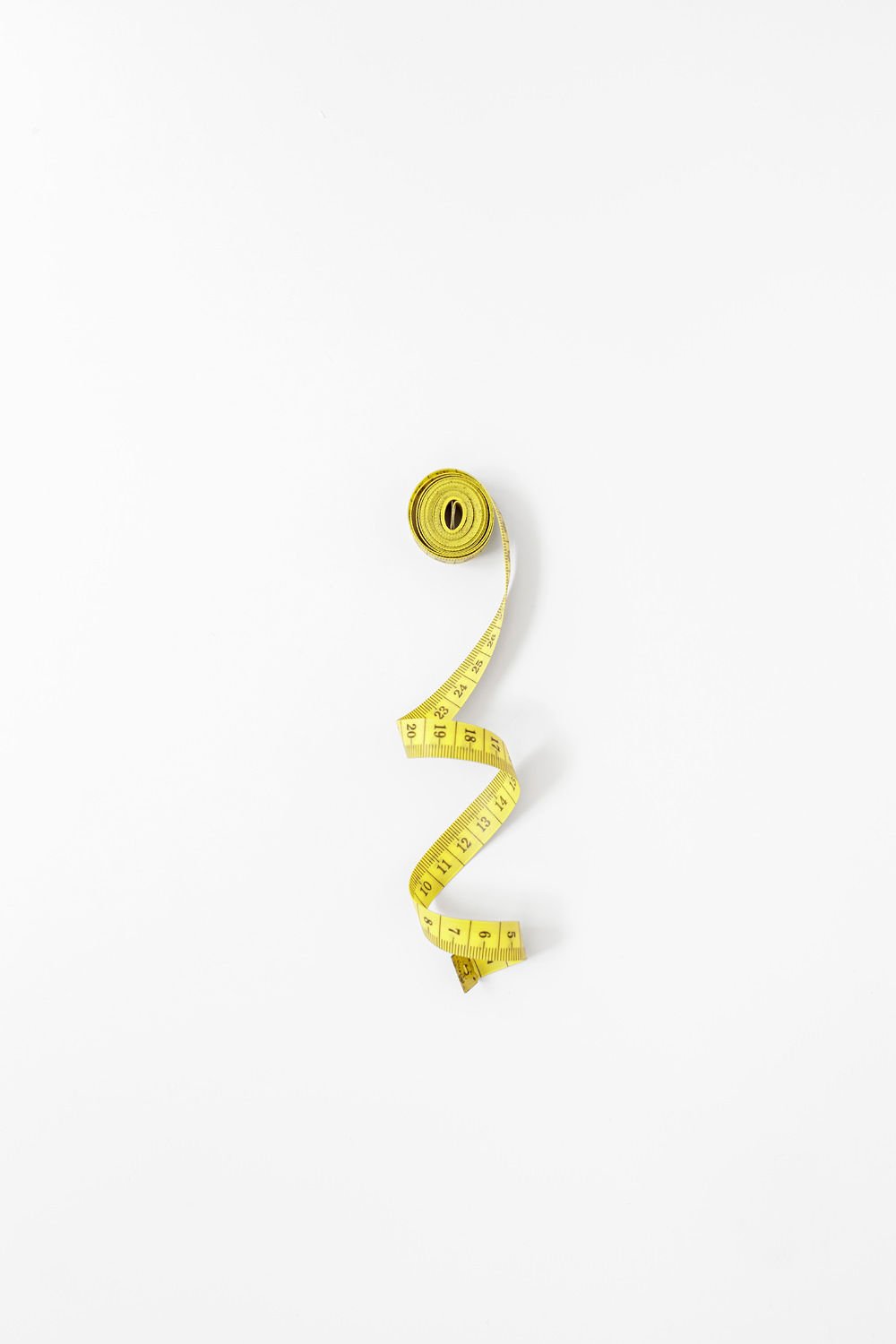How do I measure my emotional health?
I was recently asked the excellent question: “Is there a way I can measure my emotional health? It's not like there's a blood test for that!”
As someone who also loves tracking and assessing things, I get why this person asked the question.
It's true that we aren’t able to measure emotional health with the same kind of objectivity or accuracy, perhaps, as we might be able to do with other health variables like our blood pressure or vitamin D levels. However, there are several different ways that psychologists attempt to obtain valid and reliable assessments of psychological well-being.
Mental Health Screening Tools
In clinical settings, including even your family physician’s office, you may be presented with a variety of mental health screening tools—say, for depression or anxiety. A few of the most commonly used and validated tools include: the Beck Depression Inventory (BDI), Center for Epidemiologic Studies Depression Scale (CES-D), Hamilton Depression Rating Scale (HAM-D), Patient Health Questionnaire (PHQ-9), Behavior Assessment System for Children (BASC), Children’s Depression Inventory (CDI), Children’s Depression Rating Scale (CDRS).
Below are several self-assessment tools that you can use to get a better idea of how you’ve been feeling. Your results from these tools should not be used in place of a doctor’s evaluation; however, if you’re unsure if you should seek help, this can be a great place to start.
Mental Health America offers several on its website, all of which are free to take.
https://screening.mhanational.org/screening-tools/
Patient Health Questionnaire (PHQ-9)
This is a 9-question tool that can help you begin to explore whether the feelings, thoughts or behaviors you may be experiencing could be depression.
While there are many free online tools at your disposal these days, I recommend talking to your doctor if you think you’re struggling with concerning symptoms of depression or anxiety.
In fact, just recently (June 20, 2023), the U.S. Preventive Services Task Force (USPSTF) released a recommendation that all adults 64 or younger, including pregnant and postpartum women, be screened for anxiety disorders (i.e., generalized anxiety disorder, panic disorder, social anxiety disorder, and phobias). This new recommendation came based on evidence of skyrocketing mental health concerns in recent years, particularly due to the stressors of the pandemic, and the lifetime risk of anxiety disorders for men (26%) and women (40%).
The USPSF has recommended doctors screen patients for depression since 2002; however, in 2016 they specified screening for major depressive disorder (MDD) (as opposed to minor depression or dysthymia) and suicide risk.
In October of 2022, the USPSTF released new recommendations for screening children and adolescents for anxiety and depression. The task force recommended anxiety screenings for youth, ages 8 to 18, and depression screenings for adolescents, ages 12 to 18. If you’re concerned that your child or adolescent may be struggling with their mental health, please don’t delay in talking to their doctor and getting screened. Treating these issues early is key!
Positive Psychology Assessments
Because our emotional well-being exists on a wide spectrum, similar to our physical health, we don't only want to be assessing for clinical or subclinical levels of symptoms. If a relatively healthy person takes a depression screening assessment, for example, they will just find that they are not depressed—something they already know!
What do you do if you’re someone who feels like they're handling life relatively well? Is there a way for you to assess how mentally healthy you are?
What I absolutely love about positive psychology is that it's not a field focused on pathology but rather on emotional health or optimal well-being. And while it is not quite a hard science that medicine might be in terms of labs and testing, the field has developed several measures that assist in assessing our emotional well-being beyond what might be considered “normative."
Many of these tools and assessments you can take for free online. Here are a few of my favorites:
PURPOSE+ PERMA Profiler
The PURPOSE+ PERMA Profiler is a brief online assessment that asks questions related to different elements of well-being (using Martin Seligman’s PERMA model). This is a relatively fast and easy way to evaluate your well-being; it also compares your scores to other people in a similar demographic.
The Flourishing Scale
The Flourishing Scale asks participants to rate themselves on specific areas of well-being such as relationships, self-esteem, purpose, and optimism. Flourishing is one of the most important components of resilience and well-being. This brief assessment gives you a single score.
Finally, the University of Pennsylvania offers several tests of happiness, subjective well-being, and life satisfaction. You have to register to take them, but they’re all free!
My final thoughts on the question: "How can I measure my emotional health?”
I encourage people to develop a sensitivity–a level of self-awareness; that is, to check in with themselves on a fairly regular basis. Unfortunately, many of us live lives in which we are so busy running from one task to the next that we rarely check in with ourselves about how we are really feeling in our life. You may also be reading this and think to yourself, “I've never really been good about knowing how I am doing on an emotional level.”
If this is you, I encourage you to consider working with a therapist or a coach who could help teach and guide you in developing some foundational skills to increase your emotional intelligence. This can include increasing your awareness of bodily sensations and how they are linked to emotions, expanding your vocabulary for emotions and feelings, keeping a journal of how you’re feeling, etc. Developing emotional literacy and emotional intelligence will serve you well across all domains of life, but it will surely improve your emotional well-being!
